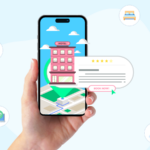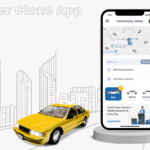Top Things Needed to Create Winning Real Estate Apps

-
Ankit Patel
- March 23, 2019
- 4 min read
Imagine how tough it is to find a rental home that suits your requirements. Or if you are searching for a new home in a locality, imagine the hassle of meeting the agents and hunting for a house that is suitable, beautiful and has a good neighborhood with all facilities. Not only do you spend wasting a lot of time and efforts but you are not sure if you have landed the perfect deal. Now, all these troubles can be kicked out through the real estate mobile apps.
Heard of Zillow and Trulia? They were the pioneers to introduce a detailed real estate site online that could be accessed from anywhere anytime. The house hunters can access a number of houses either for sale or for rent from across millions of listings with detailed description about the house and its neighborhood.
– How does the real estate app like Zillow earn their income?
If you are keen to venture into the real estate business, then Zillow and Trulia are what you have to look up to. You can start with the local listings first. These real estate apps like Zillow are aggregators that only list the houses but do not buy or sell them. They offer to list a home by an agent or owner for free. They generate a major portion of their income by ads. Any property selected by the user is redirected to advertisers i.e. the real estate agents.
Other ad slots are purchased by financial institutions that lend loan for property purchase, interior design companies, contractors, and so on. They also earn money through the premium plans for agents. In these plans, the agent gets information about the user’s search request. Also, for higher premiums, the profile of the agent is displayed next to the house listing for a within reach area.
– Features in the real estate mobile apps
Now let us get into the real estate app development and see the features offered in the real estate apps like Zillow and Trulia. The entrepreneurs need to focus on what features truly sets these real estate apps from the rest and how it has benefitted the user. Of course, the single factor that counts is the voluminous amount of data that these two apps have built over the years. A detailed database from real estate vendors, agents, and companies in tune with the regulatory compliance has helped the mobile apps serve the customers better.
– Real estate mobile app development process for the Customer Panel (Zillow type)-
- Login
-The login is through social networking credentials, email ID or mobile number.
- Profile
– The user can fill in his profile like full name, contact number, and city.
- Category
– It has separate sections for rent, sell, buy or for mortgages. Like for example, in the buy section, you have the homes for sale, recent home sales, new construction, resources and so on. In total, you can say that the app is a very good example of a fine navigation.
- Search Property
– The user now starts to search for property. The real estate app development process here has to be planned and designed. The user can type in anything like the city or any particular place to avail of all the houses for sale or for rent in that area.
- Filters & Sorting
– The filters are based on the criteria like –for sale, price, bedrooms, measurement, year built, home types, days of listing on Zillow and so on.
- Map View
– This real estate mobile app development process includes the map integration to the app. Here the users can view the house through the road map, satellite view and through the lot lines. It also offers a street view.
- Details of the property
– Once the user selects a property, all the details are listed down. The house features, home value, price/tax history, home expenses, and the neighborhood details are listed along with the visual snaps of the house. The agent whom the user is supposed to contact is also listed below the details.
- Mortgage estimate
– This feature in the real estate mobile app development process is to help the users calculate the mortgage calculations based on the loan term. The estimated mortgage for the house along with the down payment can be viewed.
- User Profile settings
– The user can edit their profiles here.
- Add a property for sale or rent
– Here, the user adds his property for sale or rent. Once, the property is added for sale, the owner gets his own dashboard. The real estate app development company can design a dashboard that is useful to the owner. Here, the owner gets to know of his house ranking and number of views against the similar ones in that area.
- Contact agent
– The potential buyers can contact agents through email or send an inquiry.
- Favorites
– The user can add some viewed homes as favorites so that it can be easily accessed again.
- Feedback
– The user can write feedback about the real estate listings, app functioning and many more.
- Reviews
– The user can rate the real estate agents and write a testimonial on them so that the other customers benefit from the reviews.
- Email listing
– Any new listings can be subscribed through email. These will act as reminders for people who are busy.
- Agent finders
– Here the user can find real estate agents, property managers, home inspectors, real estate photographers, and home improvement professionals.
- Mortgage
– This step in the real estate mobile app development process includes adding all the mortgage lenders, lender reviews, calculators for mortgage and affordability, and mortgage rates.
- Data Analysis Result
– The biggest advantage the real estate app gives to the user is the data analysis result like the appreciation of the house in the past 10 years, mortgage rate trends, and so on.
– The admin panel for the real estate mobile app development process-
- User management
– The admin can manage the users who may be sellers, buyers, brokers etc.
- Edit property
– The admin can add or remove the property from the list. Subscription management- The admin can manage the offers and subscription packages here.
- Push notifications
– The admin manages the push notification that is sent to the users and other partners.
- Earnings
– The admin gets details of the earnings and can manage the payment process here.
- Ad management
– The admin can control the ads that are run on the real estate mobile app.
- Reports
– The admin can view reports of the number of users, the area from where there are more subscribers, purchase/ rental/ seller requests, and so on. The report analysis gives an insight into the improvisation techniques that can be used for better customer engagement.
Conclusion
It is the responsibility of the real estate app development company to design a real estate app that gives great UI/UX experience to the customers. The entrepreneurs need to be innovative to know what their customers require. If you are focused on the customer services, then you are sure to succeed gradually.
You may also like
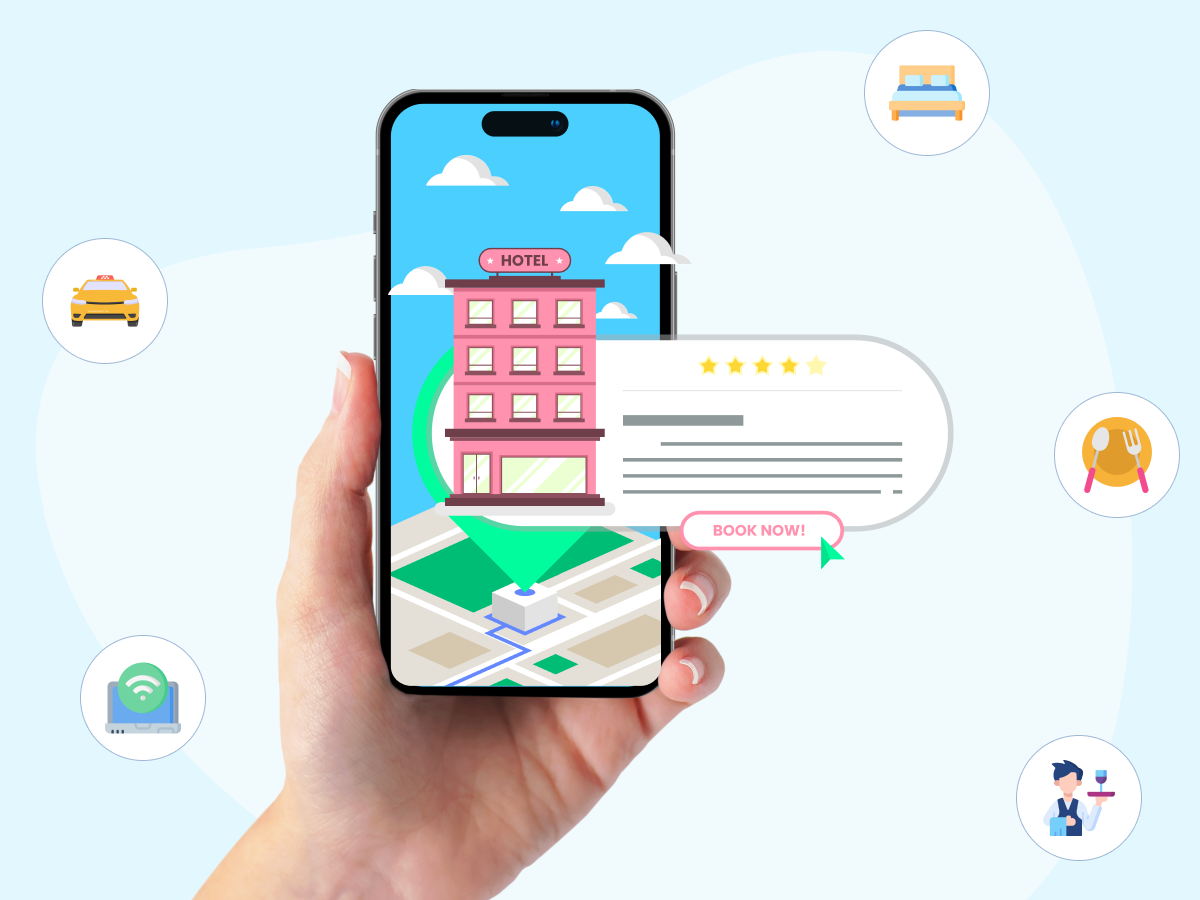
Top 17 Features to Consider While Building a Hotel Booking App
-
Chirag Vaghasiya
The hospitality industry has undergone a seismic shift in recent years. Gone are the days of flipping through endless travel brochures or relying solely on phone calls for reservations. Today, travelers crave a seamless, digital experience, and hotel booking apps have become the undisputed champions in fulfilling that desire. But these apps are more than… Read More
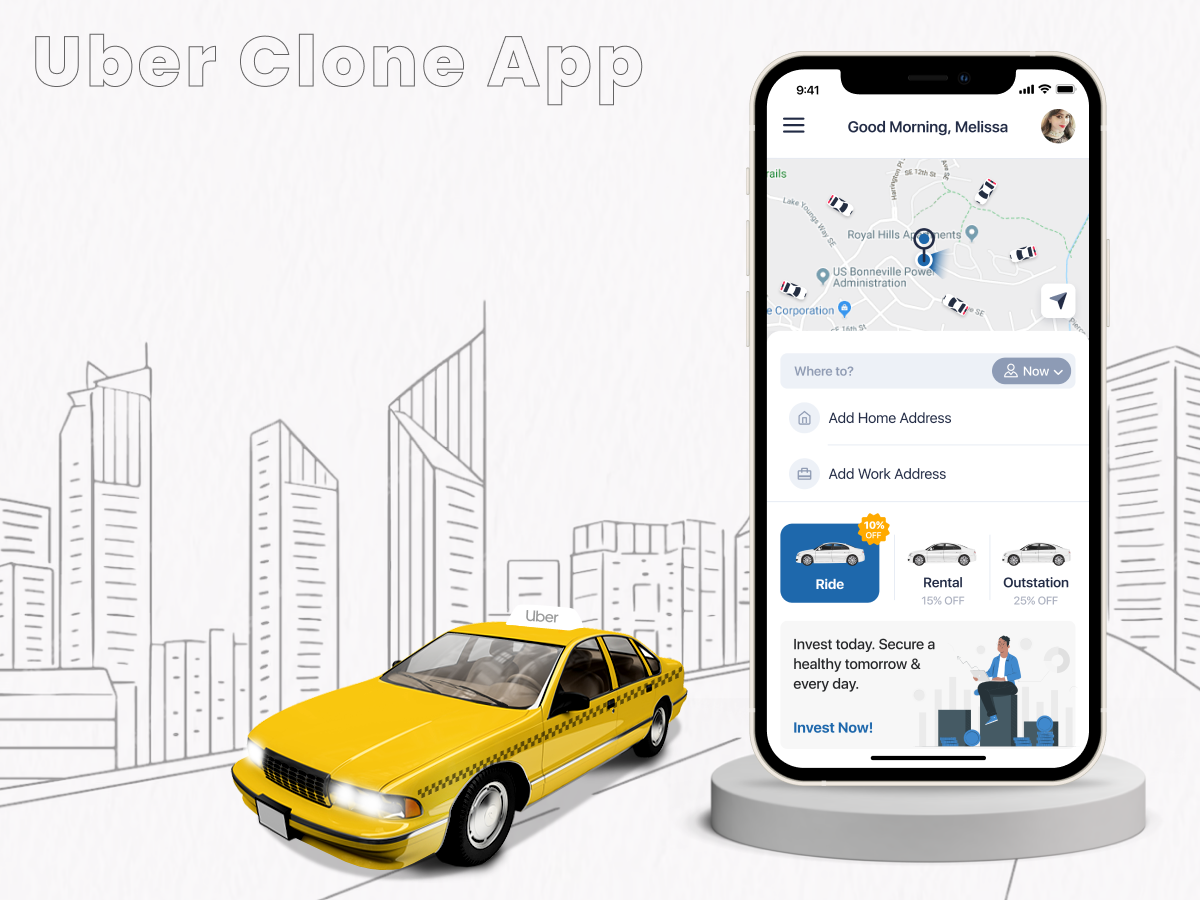
18 Taxi App Features You Can’t Overlook While Building Uber Clone
-
Ashka Panchal
Remember the days of flagging down cabs or waiting on hold for travel? Uber revolutionized the taxi business with its seamless app-based ride-hailing service. Launched in 2009, Uber’s user-friendly platform and focus on convenience quickly propelled it to global dominance. Today, it boasts millions of users and drivers worldwide, forever altering how we navigate our… Read More
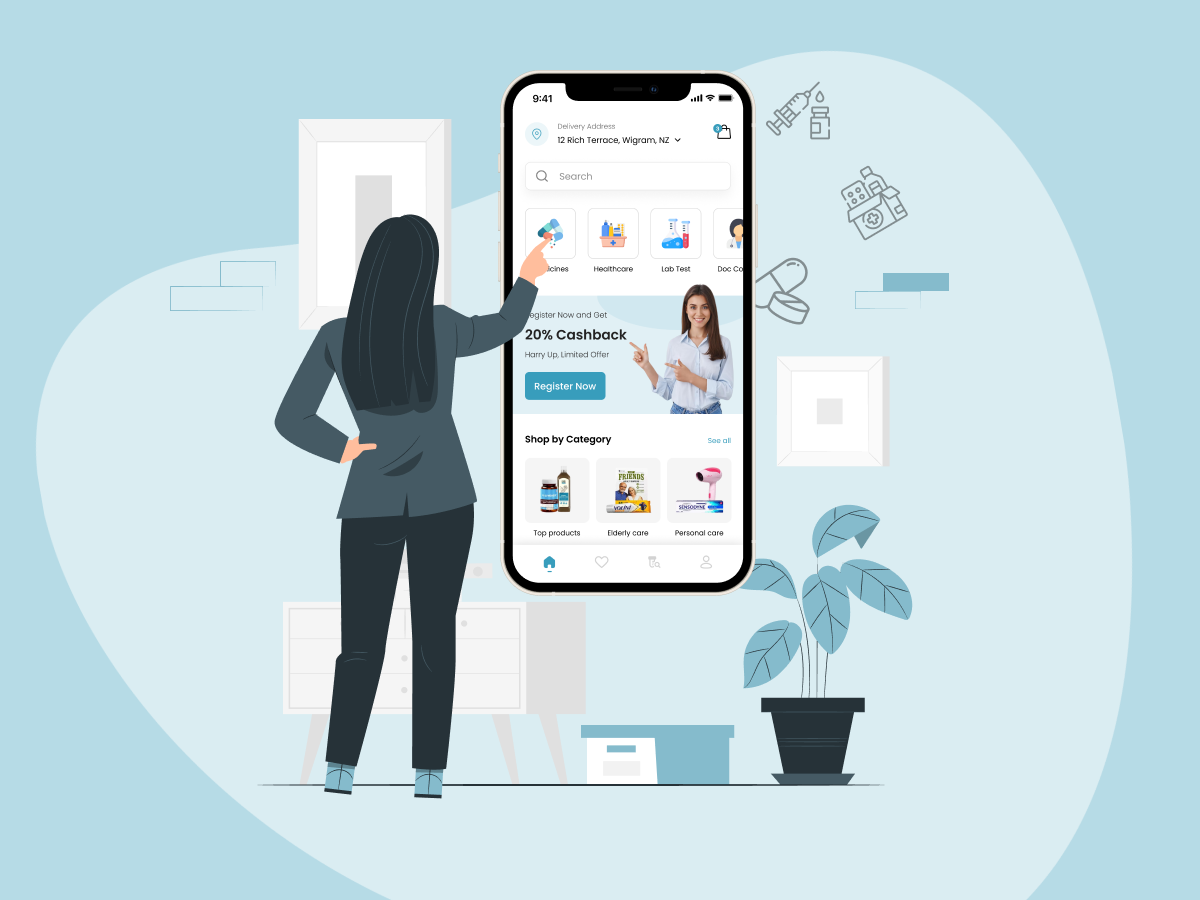
How Much Does It Cost To Build A Medicine Delivery App?
-
Chirag Vaghasiya
From education and finance to travel and leisure, there’s hardly an industry untouched by the profound influence of digital advancements. A prominent area that’s being significantly transformed by the technological evolution is the healthcare industry. Specifically, the inception of medicine delivery apps has emerged as a game-changer. Gone are the days of waiting in long… Read More

